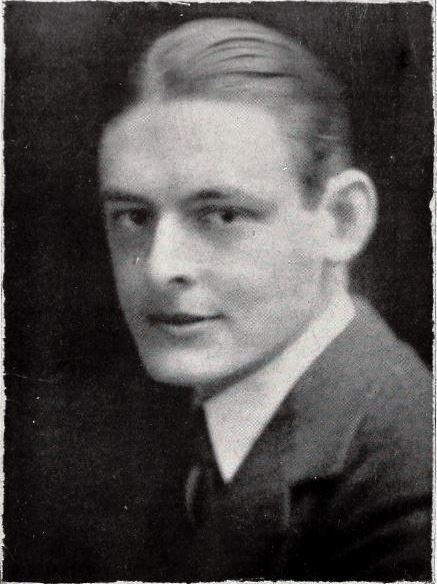Richmond Read-along 58

Welcome back to the Richmond Read-along! Today we are reading a poem from T. S. Eliot. A widely respected poet and critic, Eliot is regarded as almost single-handedly changing the face of literature in the 20th century. However, in a legacy the serious and scholarly Eliot would certainly be horrified by, he may be best known as the author of the poems that were the basis of the infamous musical “Cats” – and therefore also the latest film adaptation.
Born in the USA, Eliot eventually settled in England, spending much of his life in London. He became attached to the Bloomsbury set and was friends with Ezra Pound, who thought very highly of Eliot’s poetry. “The Waste Land” brought Eliot international recognition for its wildly original style, combining disparate fragments into a cohesive whole of undeniable technical brilliance. Its pessimistic allegories of modern society, grand narrative and fragmentary syncopated rhythm could be compared to Allen Ginsberg’s “Howl.”
Today we are reading “Preludes:”
“I
The winter evening settles down
With smell of steaks in passageways.
Six o’clock.
The burnt-out ends of smoky days.
And now a gusty shower wraps
The grimy scraps
Of withered leaves about your feet
And newspapers from vacant lots;
The showers beat
On broken blinds and chimney-pots,
And at the corner of the street
A lonely cab-horse steams and stamps.
And then the lighting of the lamps.
II
The morning comes to consciousness
Of faint stale smells of beer
From the sawdust-trampled street
With all its muddy feet that press
To early coffee-stands.
With the other masquerades
That time resumes,
One thinks of all the hands
That are raising dingy shades
In a thousand furnished rooms.
III
You tossed a blanket from the bed,
You lay upon your back, and waited;
You dozed, and watched the night revealing
The thousand sordid images
Of which your soul was constituted;
They flickered against the ceiling.
And when all the world came back
And the light crept up between the shutters,
And you heard the sparrows in the gutters,
You had such a vision of the street
As the street hardly understands;
Sitting along the bed’s edge, where
You curled the papers from your hair,
Or clasped the yellow soles of feet
In the palms of both soiled hands.
IV
His soul stretched tight across the skies
That fade behind a city block,
Or trampled by insistent feet
At four and five and six o’clock;
And short square fingers stuffing pipes,
And evening newspapers, and eyes
Assured of certain certainties,
The conscience of a blackened street
Impatient to assume the world.
I am moved by fancies that are curled
Around these images, and cling:
The notion of some infinitely gentle
Infinitely suffering thing.
Wipe your hand across your mouth, and laugh;
The worlds revolve like ancient women
Gathering fuel in vacant lots.”
You can find this poem, along with others by Eliot, on Project Gutenberg. Read more about Eliot in his entry in the Encyclopaedia Britannica.
Join us tomorrow for the next Richmond Read-along!
